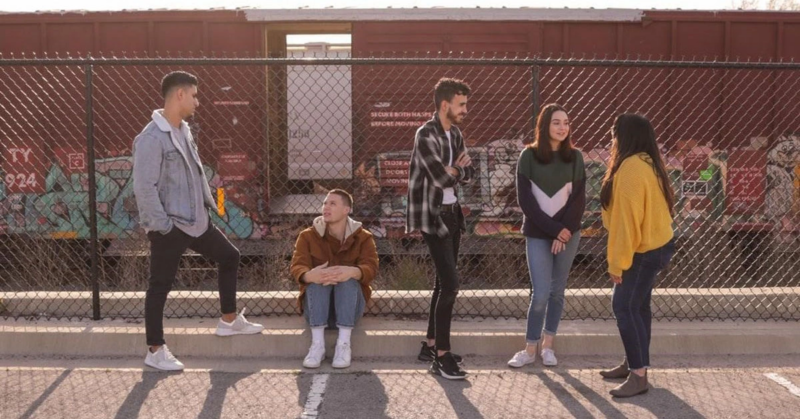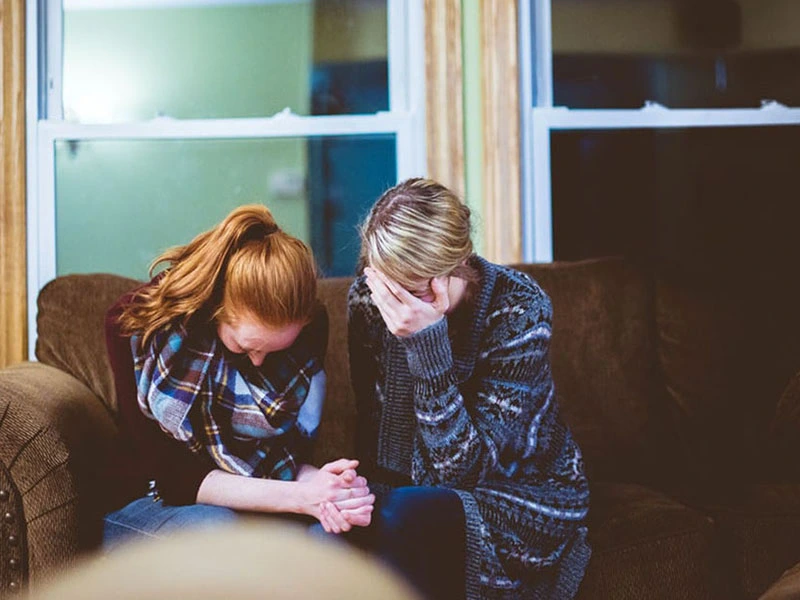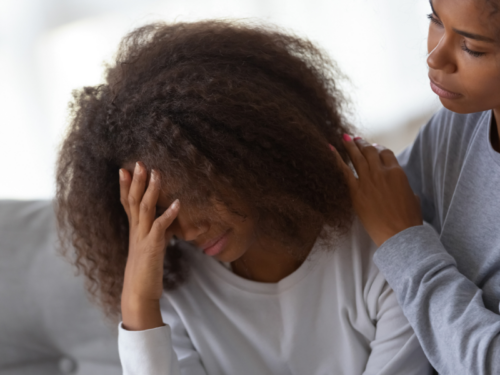
Table of Contents
Recognizing the Impact of Suicide: The Importance of Suicide Prevention
Written By: Charlie Health Editorial Team
March 18, 2022
4 min.
If someone you know is showing warning signs of suicide, don't ignore them. Charlie Health can help you learn how to recognize warning signs and get help.
Learn more about our Clinical Review Process
Table of Contents
WARNING: this post contains in-depth language and information about suicide. If you are in acute crisis looking for help, please call the National Suicide Prevention Lifeline at 988or dial 911.
Every year in the United States, more than 45,000 people die by suicide. Approximately 125 Americans die by suicide every day, and approximately one person attempts suicide every 27.5 seconds. For youth, the suicide rate is once every 90 minutes. In many cases, suicidal individuals exhibit warning signs of their suicidal behaviors, but others are unaware of the significance of these warnings—or don’t know how to start the conversation about suicide.
Despite its prevalence, suicide is highly preventable. Most suicidal individuals desperately want to live, but they’re unable to see alternatives to their problems. Intense emotions surrounding a suicidal crisis can lead to impulsive actions, but emotional support can help at-risk individuals navigate times of crisis.
There’s no denying that suicide is a public health emergency—and that a national strategy is needed to raise suicide awareness throughout every level of society. We all have a role to play in suicide prevention, and the first step is to understand the impact of suicide and identify strategies to lower suicide risk.
Who does suicide affect?
Suicide can affect anyone, regardless of their age group, ethnicity, sexual orientation, income level, or gender. In 2020, suicide was among the top nine leading causes of death for people ages 10–64, and the second leading cause of death among people ages 10–14 and 24–34.
While the link between suicide and other mental health conditions (in particular, depression and alcohol use disorders) has been established in high-income countries, many suicides happen impulsively in moments of crisis. For example, someone might experience suicidal thoughts when dealing with stressors, such as financial difficulties, relationship break-ups, or chronic pain.
Suicide rates vary by race/ethnicity, age group, and other factors, and some groups have higher suicide rates than others:
- LGBTQIA+ youth are three times more likely than non-LGBTQIA+ youth to attempt suicide at some point in their lives.
- Approximately 41 percent of trans adults have attempted suicide.
- In 2016, 1.6 percent of former active-duty service members aged 18–25 reported attempting suicide in the last 12 months.
- Adults with disabilities are three times more likely to report suicidal ideation than people without disabilities.
- Age-adjusted suicide rates are highest among non-Hispanic American Indian/Alaska Native people and non-Hispanic white people compared to other groups.
Join the Charlie Health Library
Get mental health updates, research, insights, and resources directly to your inbox.
You can unsubscribe anytime.
What happens after suicide?

Suicide and suicide attempts have far-reaching emotional and physical impacts. In some cases, people who attempt suicide and survive experience serious injuries and long-term health consequences. Many survivors of suicide also experience depression and other mental health challenges.
Suicide not only affects the survivor but also influences the health and well-being of friends, family members, coworkers, and the community. Each suicide affects at least six other people, and approximately one in every 64 Americans is a suicide loss survivor.
When people die by suicide, their surviving friends and family members may experience a range of painful emotions, from shock and anger to guilt and anxiety. The grieving process is always difficult, but bereavement after suicide can be especially traumatic.
People coping with suicide-related loss often need more emotional support than others, but they may get less. Talking about suicide can feel uncomfortable, and loved ones may be reluctant to confide that the death was self-inflicted. Grief after suicide is distressing, but there are many resources for loss survivors, and there are several ways to help the bereaved. At Charlie Health, we offer a suicide survivor support group Zoom on the first and third Monday of every month.
Do you need more support with
your mental health?
Charlie Health can help.
What can we do to prevent suicide?
Although suicide is common, it's highly preventable. According to the U.S. Centers for Disease Control and Prevention (CDC), suicide prevention efforts encompass strategies at all levels of society—from raising suicide awareness at the individual level to initiating community crisis services.
There are several measures that can be taken at the population, community, and individual level to raise suicide awareness and prevent suicide. The World Health Organization (WHO) recommends the following interventions to lower the risk of suicide:
- Limiting access to lethal means (i.e., firearms, certain medications, pesticides)
- Fostering socio-emotional life skills in adolescents (e.g., raise mental health awareness in schools, reduce stigma surrounding mental illness, and implement family relationship programs)
- Encouraging the responsible reporting of suicide in the media
- Increasing access to mental health services
- Understanding and identifying the signs of suicide in others
Ultimately, suicide prevention efforts require collaboration among different levels of society, including the health sector, politics, media, and education. Suicide prevention must be an integrated effort, as no single approach can tackle an issue as complicated as suicide.
Contact us
Psychological trauma can take a serious toll on our relationships, identity, and mental health, and acknowledging the impact of trauma is the first step to moving forward and healing our relationships. Therapy can help trauma survivors build resilience, recognize the effects of trauma, and heal from intergenerational trauma.
At Charlie Health, we offer comprehensive mental health treatment for adolescents, young adults, and their families. Our virtual intensive outpatient program (IOP) combines individual psychotherapy, supported groups, and family therapy into a customized treatment plan for each patient's unique needs. We are trauma-informed and want to help you and your family heal.
Our experienced, compassionate mental health providers are available to listen to your needs, navigate your treatment options, and help you start the healing process. Get started today.





